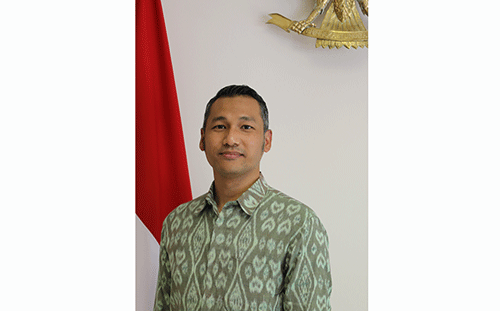City of Windhoek councillors have embarked on a clean-up campaign to reclaim the capital’s title of the cleanest city in Africa.
The first Mayoral Clean-Up Campaign was held and launched on Saturday in the Moses //Garoeb Constituency.
Windhoek, once the cleanest on the continent, still features among the 10 cleanest cities in Africa, scoring fifth place after Kigali, Port Louis, Cape Town and Tunis.
Mayor Sade Gawanas said the campaign aims to get the community directly involved in cleaning their surroundings, and ensuring that they are free from litter and pollution.
Speaking at the occasion, she expressed her appreciation to the community and stakeholders who participated and supported the city’s initiative and efforts geared towards reclaiming Windhoek’s cleanest city status.
Gawanas said she has noticed with concern that the city is becoming filthy, especially in the central business district (CBD) and at some shopping centres.
“Our programmes around ‘my waste, my responsibility’ should be strengthened by engaging stakeholders in the public and business sectors, employees and schools alike,” she suggested.
“The council, in partnership with various stakeholders, is determined to ensure that Namibia’s capital returns to its former cleanest glory,” the mayor added.
Gawanas emphasised the collective approach to cleaning the environment, stating that the responsibility to maintain cleanliness should start at home.
The managing director of Shoprite Namibia, Paul Malan, also participated in the campaign and indicated that while it is great to do business in Windhoek, it should remain a collective responsibility to keep it clean.
He then pledged Shoprite’s continued support for the clean city initiative.
The campaign is supported by various stakeholders such as Shoprite Namibia, Rent-a-Drum, Plastic Packaging, Development Workshops, Namibia Recycling Forum, the Khomas Regional Council represented by councillor Aili Venonya, and We Can Festival, as well as learners from schools in the Moses //Garoeb constituency.
City spokesperson Harold Akwenye earlier told New Era that one of the contributing factors to the filthiness of the city is the influx of people into the city, which is hard to control.
“So many people are now moving to the city, seeking job opportunities and greener pastures. It is hard to control, as people are selling their items from everywhere. Therefore, the stakeholders will come together to strategise how we are going to claim back our first position in terms of being the cleanest,” he added.
Akwenye said although their open markets are designed for trading, vendors have chosen to move to the CBD to take the business to the people.
“The open markets are there, but our people have chosen to come to town where there is the movement of people because they think customers are not frequenting the markets enough. Now, when they finish selling, they leave the places filthy and full of waste,” he emphasised.
– ljason@nepc.com.na


